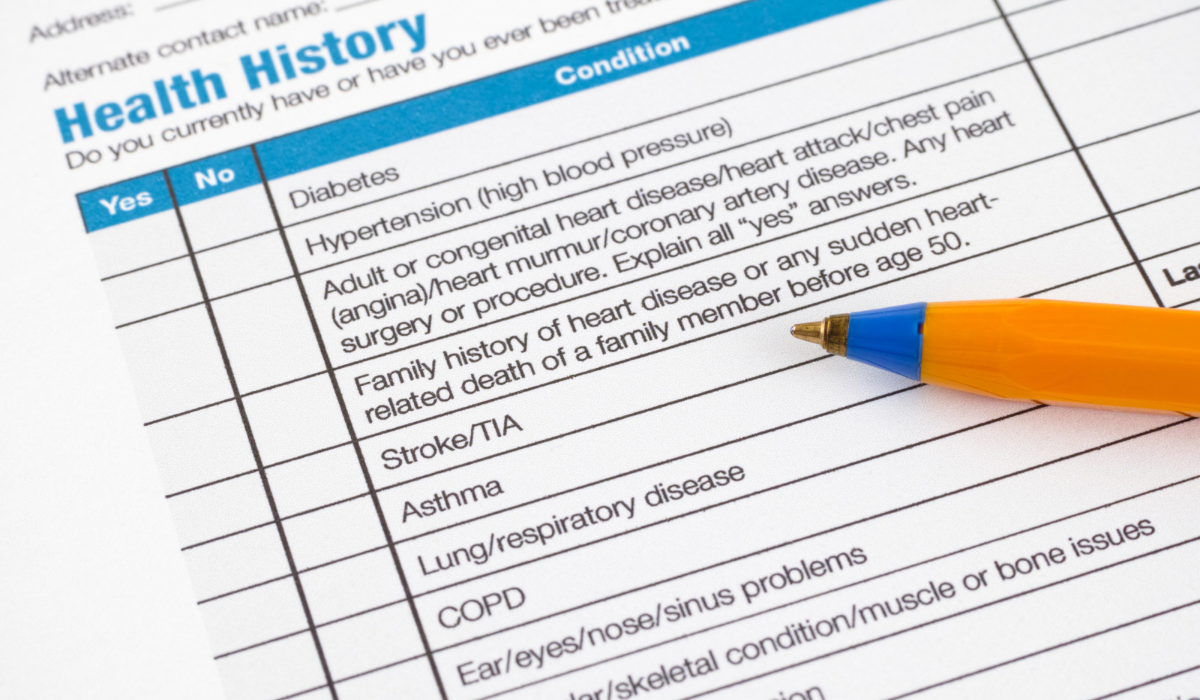By: Weam Banjar; Researcher
Historical data presents a treasure of lessons. Only the wise carefully analyzes historical events to understand lessons of the pasts to guarantee that future plans address relevant concerns, augment weaknesses and avoid the past flaws. Health history is no exception. Health historical events that had taken place at the Arabian Peninsula may directly or indirectly influence assessment of- and planning for population health, health determinants, health policies, and health security. Therefore, historical events’ analysis is complex and requires multidisciplinary approach.
Documentation is essential to portray the interaction between the past, the present, and the future. Documenting narrative history and individual’s personal experiences are necessary assess society perspective, understand health practices, and determine the extent of impact on population customs, behavior, attitudes, and dynamic. Failure to do so, may result in biased conclusion and repeating similar mistakes. Systematic multidisciplinary assessment is pivotal to establish infrastructure for health history. Academic institution, research organization, and policy makers should work together to determine the appropriate model for capacity building and sponsoring related activities. Documentation of health event is the single only strategy to preserve the population memory for future generation.
Health historians are specialized personnel whom their academic background in history focuses on health events. However, health professionals may involve in associate history degrees to complement their skills or engage in research activities, writing workshops, and material review. Working on documenting historical events is multidisciplinary active engagement which requires formulating teams that focus on studying different aspects to draw the best portray. Documentation is a scientific systematic process that analyze historical events and its impact.







